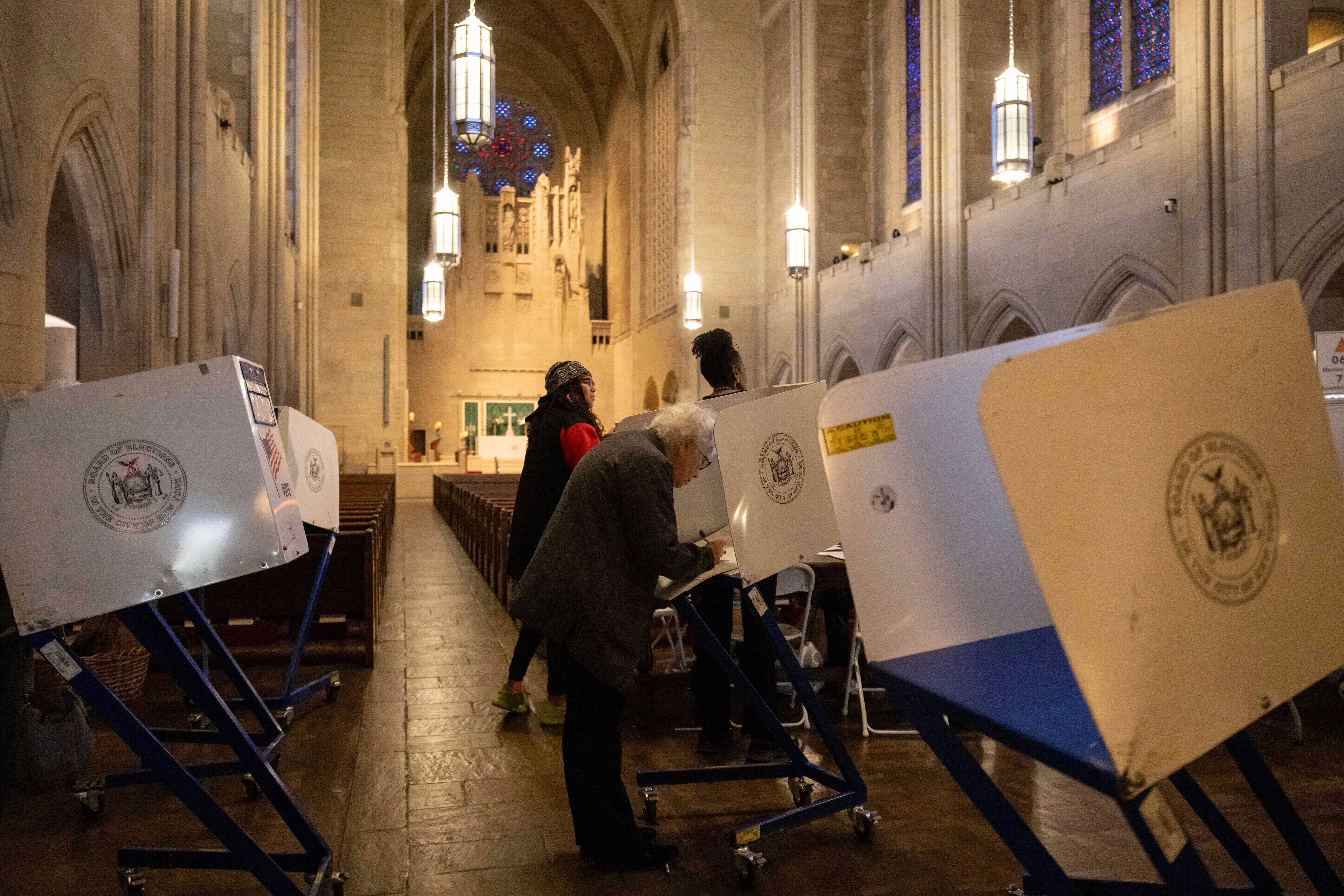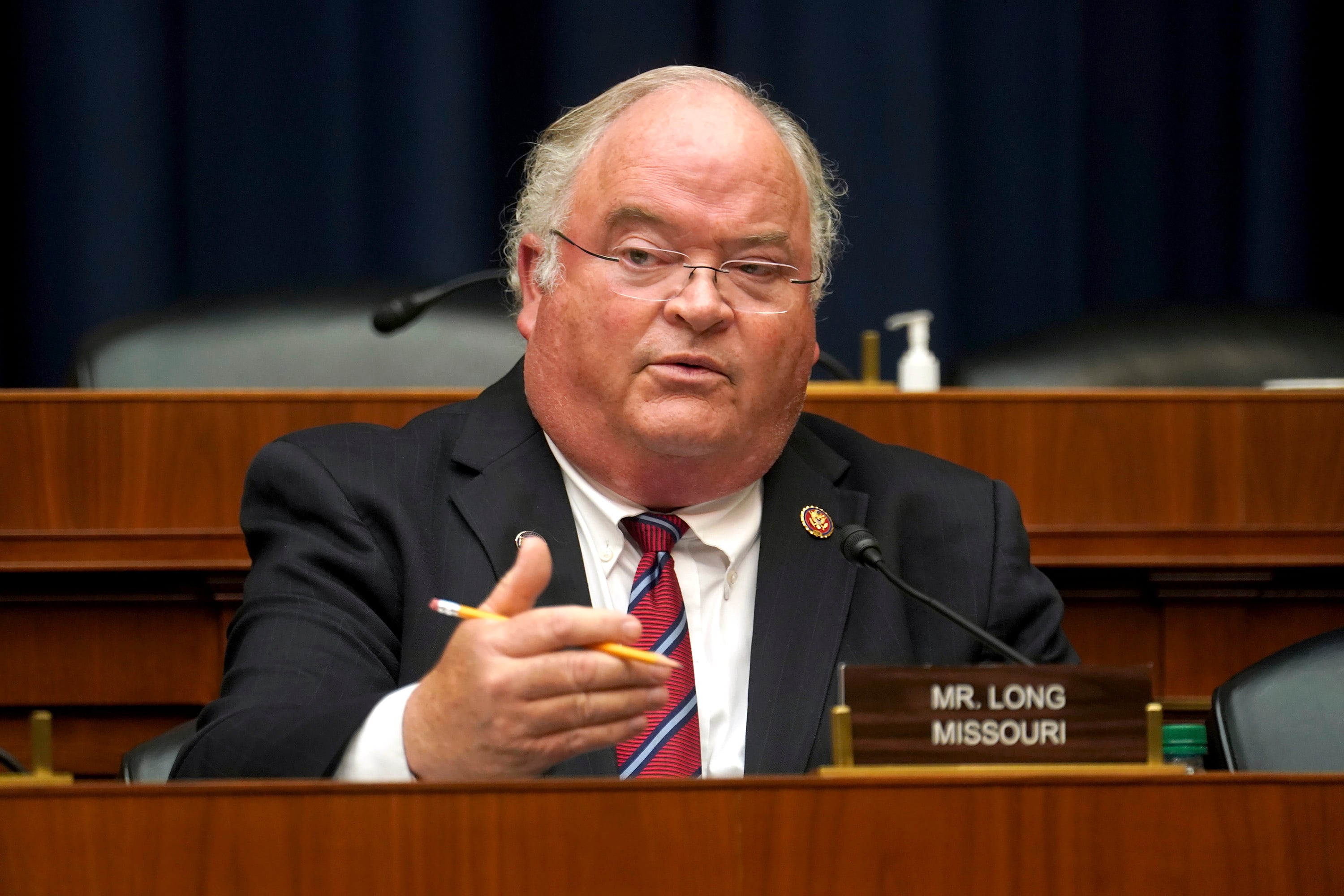Shares of online retailers Wayfair, Overstock, eBay, and Etsy all tumbled Thursday after a landmark decision by the Supreme Court took away one of the key advantages some e-commerce companies had over traditional retailers. And one of the biggest winners from that ruling, maybe ironically, could be Amazon, said Tom Forte, managing director at research firm D.A. Davidson. "This now gives Amazon\[, which already collects sales tax,\] insurance against there not being a Jet.com-like start-up using the sales tax advantage against them," he said. Up until the high court's ruling Thursday, retailers were not required to collect sales tax from consumers unless they had a physical presence in the shopper's state. The loophole sprang out of a 1992 ruling, well before the rise of digital commerce, which specifically applied to mail-order retailers. That decision did allow for the then-nascent e-commerce industry to grow in the early days of the internet, but Justice Anthony Kennedy wrote in the majority opinion that it was now outdated. Subjecting all online retailers to the same rules as brick-and-mortar, though, may not ultimately help the mom-and-pop shops that have struggled most in the shift to online, Forte said, "unless they're a mom-and-pop focused on big ticket items." "If you could buy a computer at Circuit City for $1,000 and on Amazon for $1,000 and not pay sales tax, it gave you an incentive to buy on Amazon." For the full interview, [click here](https://cheddar.com/videos/supreme-court-gives-states-a-win-against-e-commerce).








